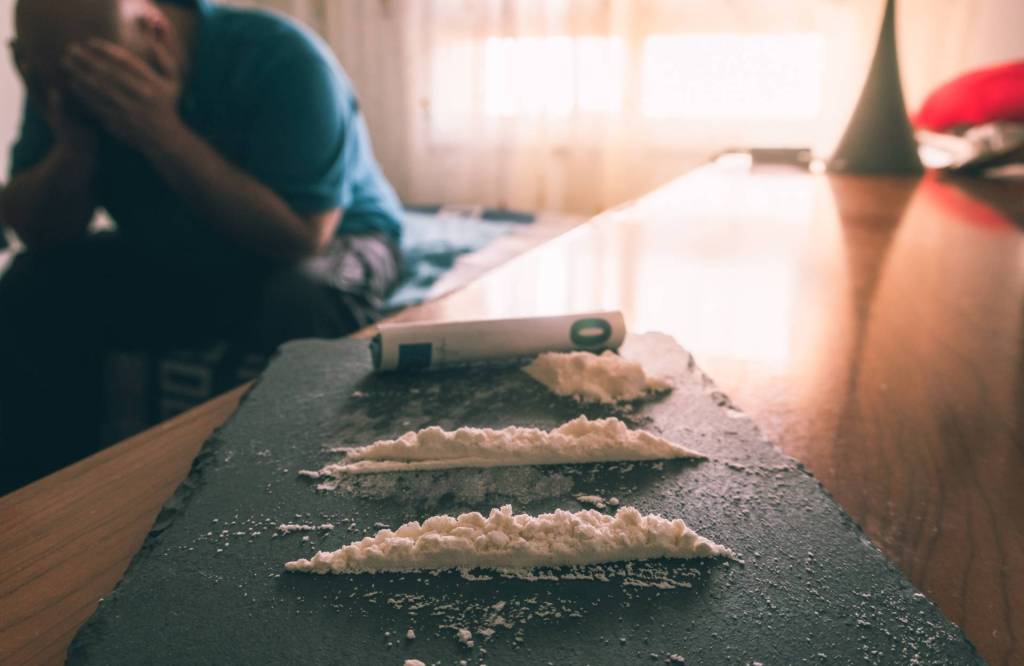What Are the Implications and Consequences of Having a Criminal Record?
Being convicted of a crime in Missouri can have long-term consequences, and not just in terms of fines or jail time. Felony convictions, in particular, can have devastating impacts on various important parts of your life. What’s more, felony convictions stay on your record forever (unless you can have them expunged), meaning they’ll follow you for the rest of your life.
Situations you may face with a felony criminal record:
- Housing. Landlords routinely pull criminal records when someone applies for a rental unit, and having a record can lead to being rejected.
- Education. Many colleges or universities will deny admission to someone with a critical record. Even if they accept the application, some federal student aid programs won’t work with students with a record, meaning it could be challenging to finance the education.
- Employment. Potential employers may research criminal records and withhold employment offers. In addition, several careers that require state licensure (healthcare, education) would be out of reach because licenses won’t be granted to someone with a criminal record.
What Is Expungement?
Expungement is the legal term for the process of sealing or destroying a criminal record. That means courts have to consider the expunged crime as never having occurred. It disappears from the criminal record and often the public record.
In Missouri, the law specifies two types of expungements, one for criminal cases and a separate expungement for minors who were charged with being in possession of alcohol when underage.
Who Is Eligible to Have Criminal Records Expunged in Missouri?
Unfortunately, not all criminal records can be expunged. But it’s crucial to understand that Missouri laws regarding expungement have been updated in recent years and could continue to change. Currently, someone is eligible to apply for expungement if their arrest was based on false information and the following circumstances also apply:
- Charges weren’t filed as a result of the arrest.
- The person charged had no other misdemeanor or felony convictions.
- No probable cause that the person committed the charged crime existed.
- There’s no civil action in process related to the arrest or the relevant records.
- The person charged wasn’t given probation for the crime.
What Crimes Are Ineligible for Record Expungement?
Some of the more severe felonies are ineligible for expungement. Those include but aren’t limited to:
- Crimes that, if convicted, lead to the person having to register as a sex offender.
- Any crime in which a death is part of the crime.
- Felony assault or kidnapping.
- Either misdemeanor or felony convictions involving domestic violence.
- Class A felonies (a large category that includes various charges of murder, drug trafficking, child endangerment or abandonment, child abuse, arson, kidnapping, defrauding secured creditors, etc.).
If you’re unsure what type of criminal record you have and whether or not it could be eligible for expungement, contact an experienced criminal record expungement attorney for guidance.
What Is the Process to Apply for Criminal Record Expungement in Missouri?
The first step is waiting for the required time to elapse. For most misdemeanors, people need to wait to apply until three years after they were convicted. For most felonies that are eligible for expungement, the waiting period is seven years.
Another factor is if someone has already had records expunged. People are allowed up to two misdemeanors or one felony expungement in their lifetime. If they’ve already received those, they’re not eligible for more.
Once the waiting period has passed, the first step is filling out the Petition for Expungement. The form requires a significant amount of details regarding your arrest and conviction. Once everything is identified and recorded, the petition is filed. The prosecutor then has 30 days to object. A judge will schedule a hearing to determine if expungement is warranted and if the convicted person no longer represents a threat to society.
This may sound straightforward, but the level of detail required in the petition and the possible need to defend yourself against the prosecutor and to the judge makes it highly advisable to work with an experienced criminal record expungement attorney.
What Are Some Reasons My Expungement Petition Might Be Denied?
There are several reasons the court may decide to deny the expungement petition, including:
- The petitioner isn’t eligible for expungement according to Missouri law.
- The petitioner did not meet the requirements of their probation period.
- The petition form has errors or omissions.
- The petitioner didn’t pay fines or charges assessed by the court.
- The judge chose not to allow the expungement for other reasons.
Being denied isn’t necessarily the end of options, depending on the reason for the denial. The petitioner can appeal the judge’s decision. They can also file again a year later. It’s important to understand that if the petitioner was convicted of one or more of the crimes that are considered ineligible for expungement, their petition won’t be approved. If you’re unsure of your status, contact an expungement attorney.
What Should I Do if I Have a Criminal Record and Want to Pursue Expungement?
Call Grafe & Batchelor as soon as possible at 636-220-5934 to request a free case evaluation. We fully understand how vital it is to you to pursue expungement of a criminal record since that record can have a significant impact on your life. Our team of experienced, knowledgeable expungement attorneys can review your case and advise you as to the likelihood of success and what’s needed to apply.




